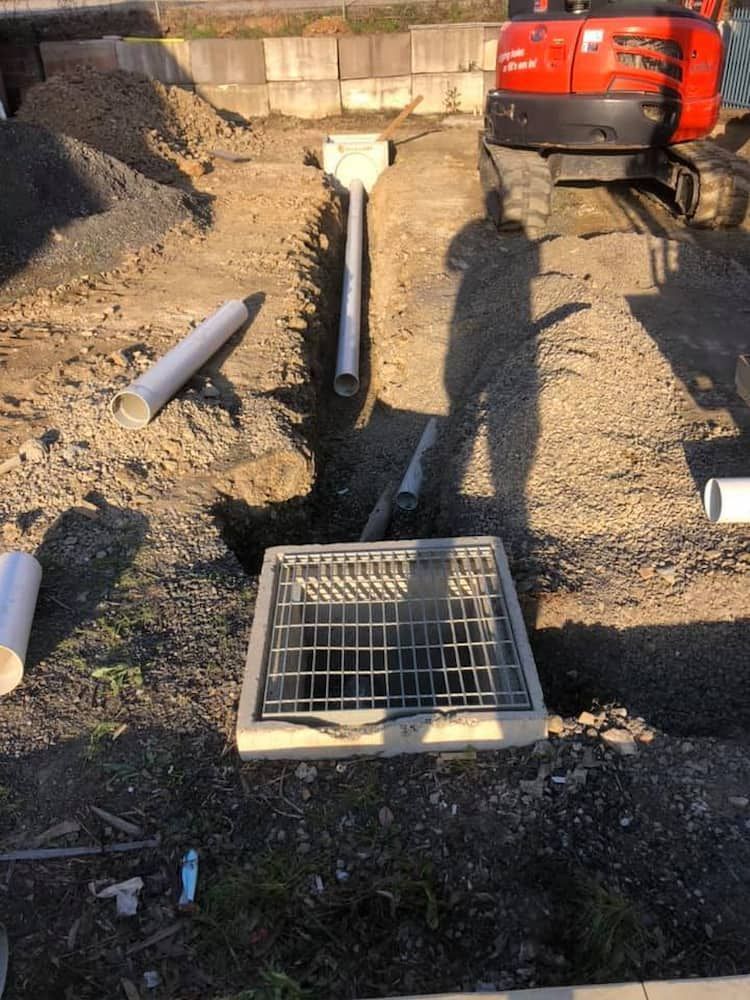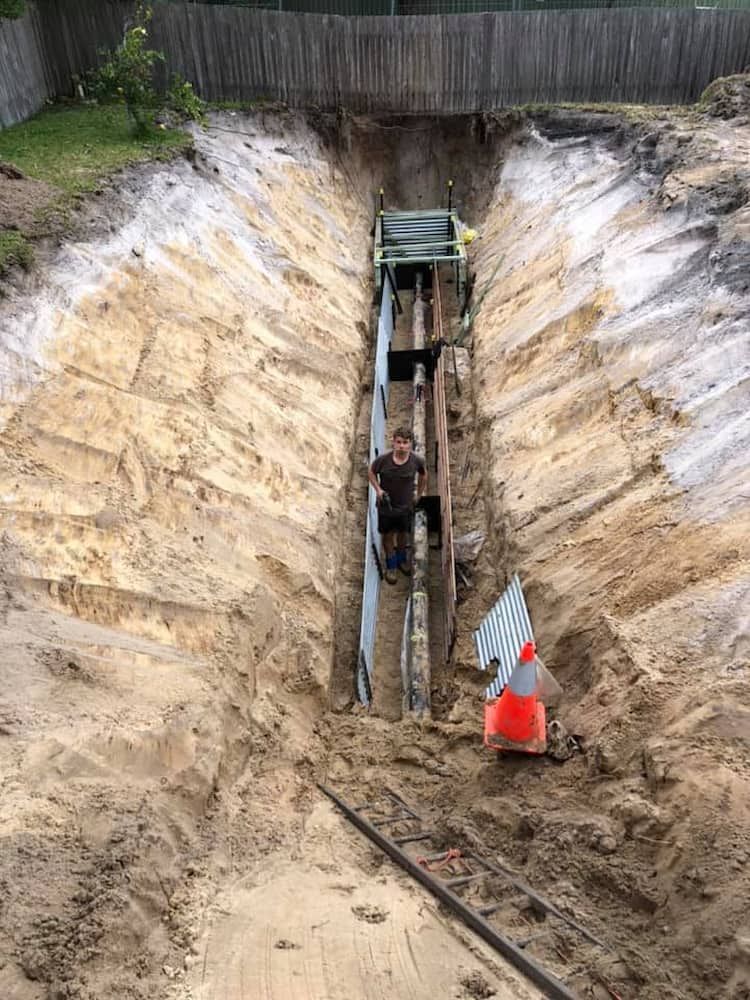Drainage Excavation in Shoalhaven
- Local team, honest service
- Quality work, no shortcuts
- Fully licensed and insured
Request a Call Back
Thank you for contacting BeCivil.
We will be in touch soon.
Please try again later.
Shoalhaven Drainage Excavation
Soggy lawns, flooded driveways and pooling under buildings often point to one thing—bad drainage. BeCivil provides professional drainage excavation throughout Shoalhaven, helping property owners fix persistent water problems before they cause damage.
Whether it’s poor runoff, clogged channels or no system at all, we dig smart and shape land to move water where it needs to go.
Working across Nowra, Tomerong, Huskisson, Ulladulla, Vincentia, Bomaderry and Berry, we tackle everything from trenching for pipes to creating spoon drains, ag line installs and reshaping slopes. Our team understands how local soil and terrain behave after heavy rain—and we work to reduce long-term headaches, not just hide the symptoms.
Get in touch with our team at BeCivil on
0412 238 254 for drainage excavation that keeps water away from your home,
driveway or yard.
Smart Drainage Solutions for Long-Term Stability
Good drainage starts with a clear plan and the right dig. Whether you’re laying stormwater lines, managing surface runoff or prepping for new landscaping, we excavate with care.
We trench to the right depth and grade, ensuring water flows freely and avoids pooling near buildings or infrastructure. If necessary, we also install ag pipes, connect to existing systems or help design runoff routes around driveways, patios and garden beds.
On sloping or clay-heavy blocks, drainage excavation helps avoid erosion and soil movement that could threaten footings or retaining walls. Even smaller residential sites can benefit from subtle reshaping to steer rainwater away from trouble spots. The goal is to set up your site so it works with the weather—not against it.
How deep should drainage trenches be dug?
Depth depends on the drainage system. Surface drains like spoon or swale drains may only require shallow cuts, while stormwater or ag pipes typically need trenches at least 300mm to 600mm deep.
The trench also needs to slope correctly—usually 1–2%—to allow gravity-fed flow. Poor trench depth or slope is one of the most common causes of drainage system failure.
Do I need council approval for drainage works?
For most private residential drainage works, approval isn’t needed unless the system connects to public infrastructure or alters stormwater flow onto neighbouring properties. However, local councils may have specific guidelines or setback requirements for drainage.
It’s a good idea to check before beginning large-scale works, especially near easements or shared boundaries.
What’s the difference between ag drains and stormwater drains?
Ag drains (or agricultural drains) manage groundwater and are typically installed along the base of retaining walls or in garden beds. They use perforated pipes surrounded by gravel to capture and redirect subsurface water.
Stormwater drains handle surface runoff from roofs, driveways and paved areas and connect to the stormwater network. Both may be used together, depending on the property layout.






